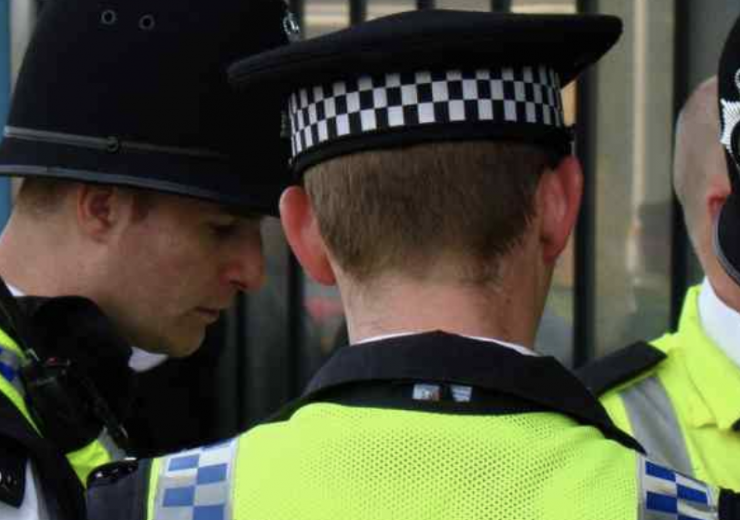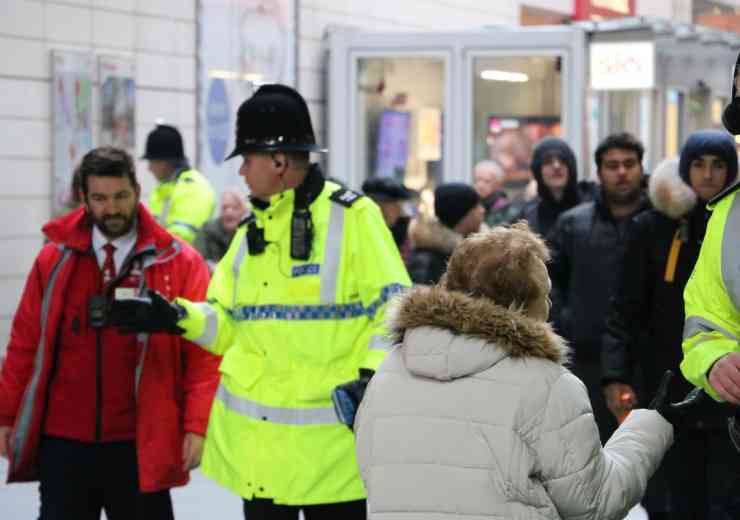IOPC recommendations being implemented nationally
National recommendations to improve police management of terrorism offenders are being implemented following two of IOPC’s investigations, carried out after the terrorist attack by Usman Khan at Fishmongers’ Hall.
Training for officers on the types of terrorism offenders they are managing, and the different risks that they may pose, has been under development and is expected to start soon. This was just one of several IOPC national learning recommendations made early during our investigations and accepted by the National Police Chiefs’ Council in March 2021.
In March 2020, before investigations had concluded, the IOPC made four early learning recommendations to the national policing lead for counter-terrorism at the NPCC relating to the management of offenders released from prison following terrorism offences. This includes police forces developing appropriate systems to support the effective management of convicted terrorist offenders at a regional and national level and between agencies, as well as police officers should be specifically trained for the types of offenders that they are managing and the different risks that they may pose.
The IOPC also recommended that suitable policies and procedures should be in place distinguishing between the different types of terrorist offenders and cover what the precise role and responsibility of the police force is, in relation to each type of offender.
Sal Naseem, Regional Director for London, said: “Eighteen months on, our thoughts remain with the families and friends of Saskia Jones and Jack Merritt, and everyone who was affected by this horrific terrorist attack. An inquest jury on 28 May found unacceptable management and lack of accountability among the agencies responsible for Khan, coupled with insufficient experience and training of the people managing him. Policing needs to learn lessons from this incident, and our independent investigation has played an important role in working with forces to identify improvements and help prevent tragedies like this happening again.
“While we didn’t find any wrongdoing by any officers, we have worked with counter-terrorism policing to ensure police forces update practices and close any gaps in the way they deal with ex-offenders. Our recommendations support other activity already underway to tighten up the way police officers nationally deal with terrorism offenders who are released and have to be monitored. Importantly, they will also ensure police officers are supported with the necessary training to do this work.”
digital issue

























